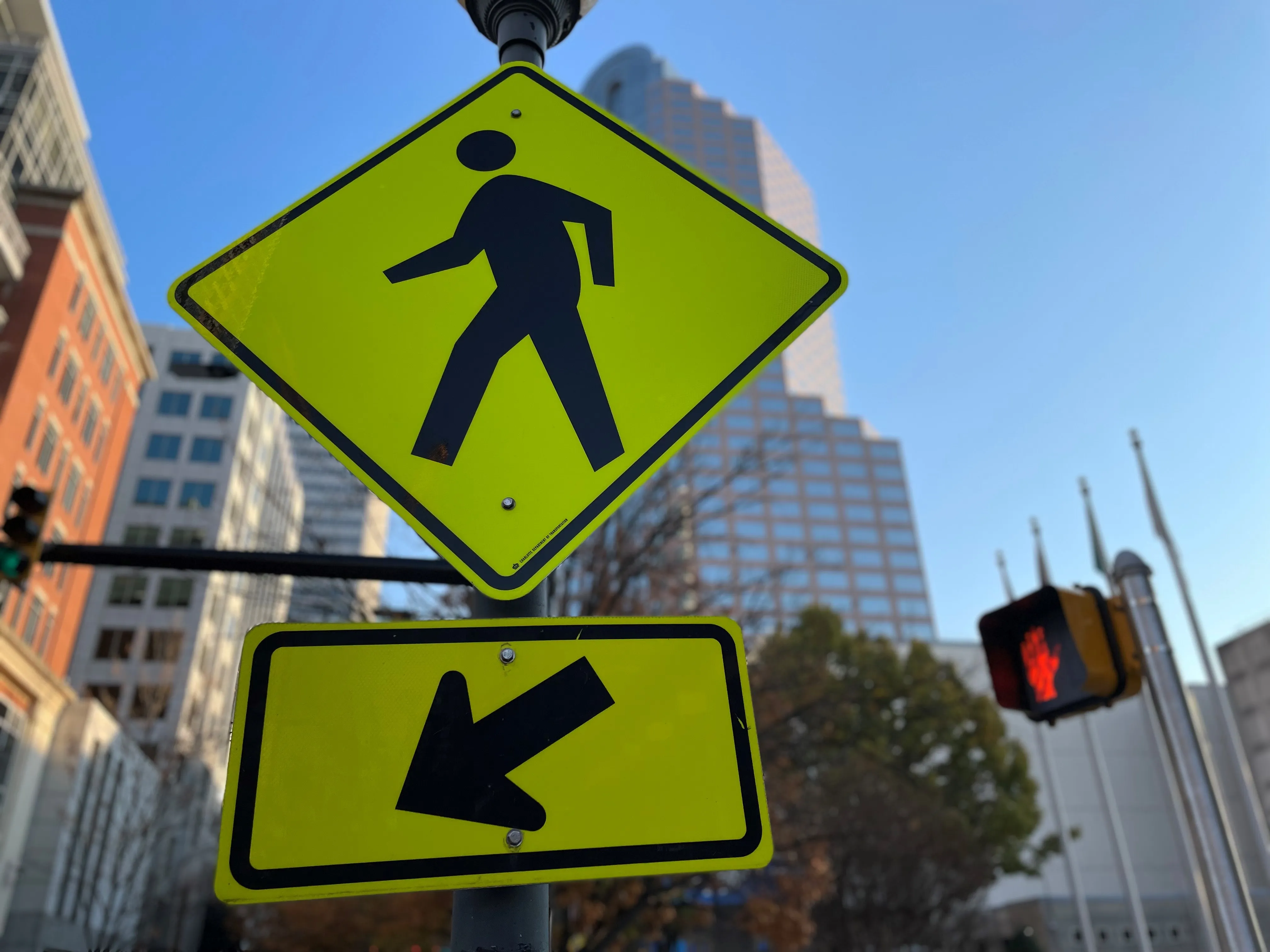
The City of Charlotte, North Carolina, is piloting an app which gives users access to an electronic network of intersection and crosswalk data, as well as to each other.
TravelSafely is available in the Apple and Google stores and is designed to improve safety for motorists, pedestrians and cyclists.
It includes these features:
Get ready for green – Notifies users when the light is about to turn green.
Red light warning – Warns users approaching a red light if they are approaching the intersection too fast.
Slow speed zone warning - Notifies users if they are traveling too fast in a slow speed zone.
Cyclist ahead warning – Warns motorists if a cyclist is using the app on the road ahead.
Pedestrian ahead warning – Notifies motorists of pedestrians using the app in the crosswalk ahead if it detects the motorist is not going to stop.
"We must work together to improve traffic safety and this app promotes connectivity to each other and to our surroundings," said Charlotte council member Victoria Watlington.
The app is piloted in the South End area of the city and is part of Charlotte's Vision Zero safety initiative.
Justin Carroll, deputy director of Charlotte DoT, says it will "connect those who download the app to a network of traffic intersections, pedestrian beacons, motorists, cyclists and pedestrians".
The agency is collaborating with the Charlotte-Mecklenburg Police Department and Charlotte Center City Partners on the project.
A statement from the city warns: "Use of the TravelSafely app provides supplemental information to enhance driving decisions while following the rules of the road. All travelers utilising the app still need to remain alert and mindful of all responsibilities as a motorist, pedestrian, or bicyclist."









